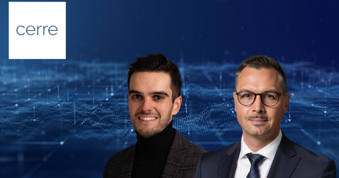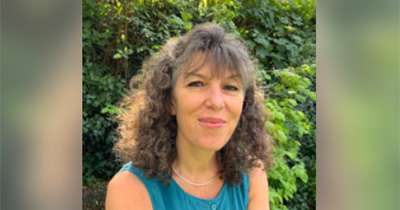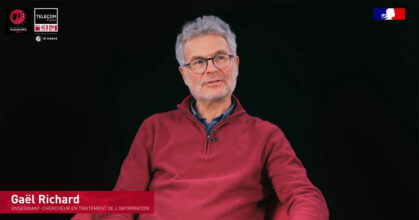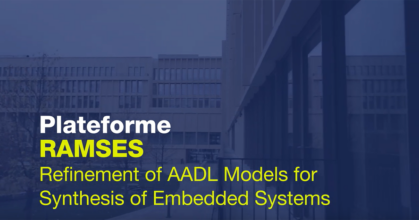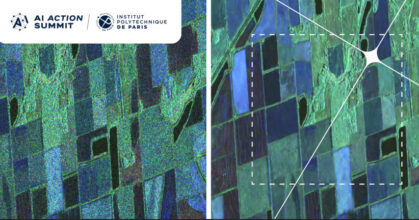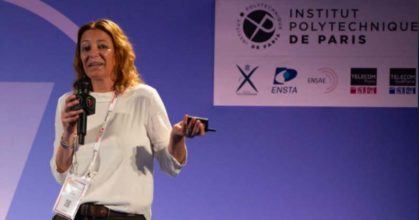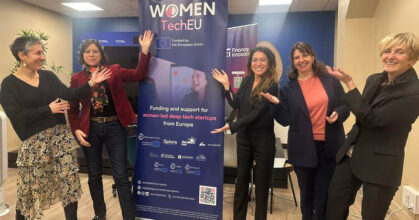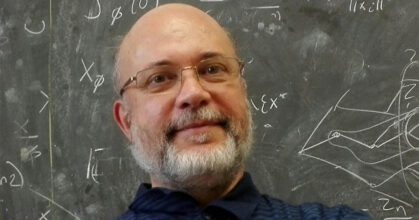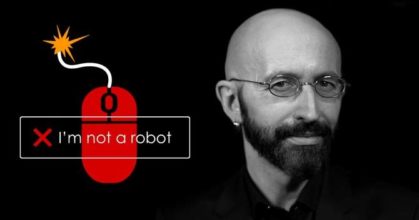Through various types of individual grants (see below), the ERC finances exploratory, ambitious and innovative projects. These projects last 5 years and have a substantial budget. They allow researchers to form or consolidate their own research teams and to benefit from increased international visibility.
ERC calls for projects are open to researchers of any nationality, provided they work in a European Union country, and to all research fields. The sole selection criterion is scientific excellence.
ERC Grants at Télécom Paris
 Gaël Richard
Gaël Richard
 Mansoor Yousefi
Mansoor Yousefi
 Yanlei Diao
Yanlei Diao
ERC Consolidator Grant 2016
 Alexandre Gramfort
Alexandre Gramfort
ERC Starting Grant 2015
The various ERC Grants
- The ERC Starting Grant aims to support promising young researchers with 2-7 years of experience after their Ph.D., who have shown their potential to become independent research leaders. Up to 1.5 million euros can be awarded for a five-year period. With this grant, researchers will be able to set up their own team.
- The ERC Consolidator Grant aims to support a researcher with 7-12 years of experience after their Ph.D., who is capable of implementing their project independently. Up to two million euros can be awarded for a five-year period. With this grant, the scientist will be able to undertake exploratory projects (innovative project or methodology).
- The ERC Advanced Grant aims to support researchers with at least 10 years of experience after their Ph.D., who have shown their research to be original and significant. Up to 2.5 million euros can be awarded for a five-year period.
- The ERC Proof of Concept grant enables researchers who have already been awarded an ERC grant to assess the commercial potential of their research. Up to 150,000 euros can be awarded over 18 months.
- The « ERC Synergy grant » funds a group of 2 to 4 researchers brought together to carry out a very ambitious project thanks to their complementary expertise. The funding can reach 10 million euros over 6 years.
The latest research news

EU policy on data centers' integration in electricity grids
Digital Economy, Faculty Members — 22/04/2025Thomas Le Goff works with the Center on Regulation in Europe (CERRE), a Brussels-based think tank which [...]
Florence Tupin distinguished by IEEE Geoscience and Remote Sensing Society
Faculty Members, Modeling — 27/03/2025She develops innovative image processing and analysis methods, with recognised expertise in [...]
[Ideas] Sound revolution and machine listening
Data Science & AI, Faculty Members, Modeling — 14/03/2025Gaël Richard, "Hi-Audio": How does the machine learn to listen and create?
RAMSES platform, mission-critical real-time embedded systems
Digital Trust, Faculty Members — 10/03/2025RAMSES offers an AADL (Architecture Analysis and Design Language) compiler, a standardized language used [...]
“Denoising” radar satellite images with AI (IP Paris)
Data Science & AI, Faculty Members — 07/02/2025Florence Tupin uses deep learning to obtain images cleared from the fluctuations inherent in radar [...]
Paris-Saclay Cancer Cluster & IP Paris
Faculty Members, Innovation — 05/02/2025Elsa Angelini, professor at Télécom Paris, specialist in medical image computing, is IP Paris' academic correspondent for the [...]
Putting power-hungry AI on an energy diet (IP Paris)
Data Science & AI, Faculty Members — 03/02/2025Enzo Tartaglione is trying to develop more energy-efficient Deep Learning models.
Ghaya Rekaya wins a Women TechEU grant! [update]
Faculty Members, Start-up — 17/01/2025This prestigious recognition highlights Ghaya and Mimopt Technology's commitment to a more diverse and inclusive [...]
François Baccelli winner of the Blackwell 2024 Prize
Graduates, Faculty Members, Very Large Networks and Systems — 16/01/2025François Baccelli is an Inria research director, visiting professor at Télécom Paris [...]
Waiting for Robots: The Hired Hands of Automation
Data Science & AI, Digital Economy, Faculty Members — 09/01/2025Antonio A. Casilli announces the release of his new book: this updated and expanded English [...]
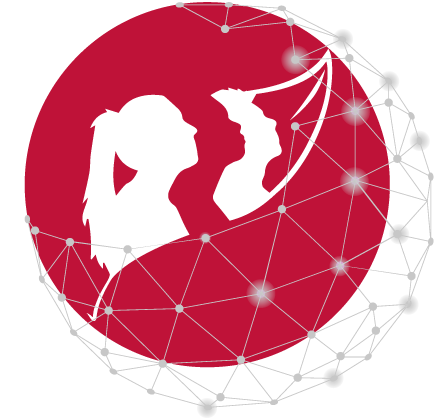
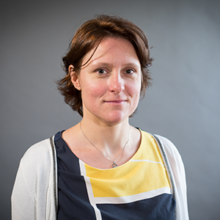 Michèle Wigger
Michèle Wigger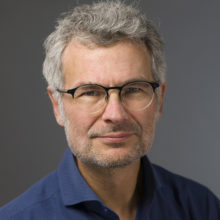 Gaël Richard
Gaël Richard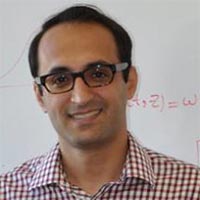 Mansoor Yousefi
Mansoor Yousefi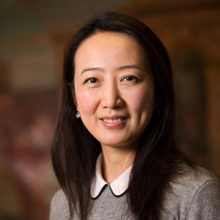 Yanlei Diao
Yanlei Diao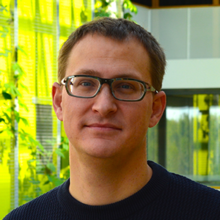 Alexandre Gramfort
Alexandre Gramfort